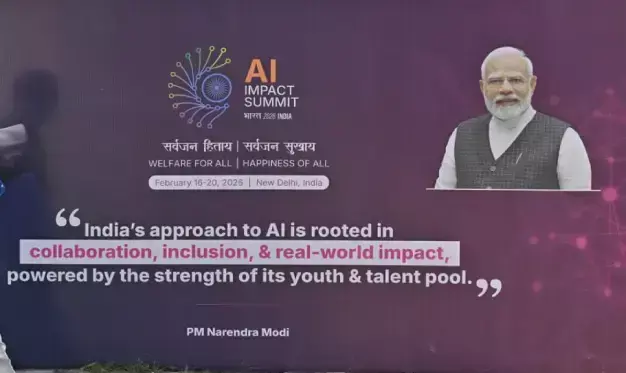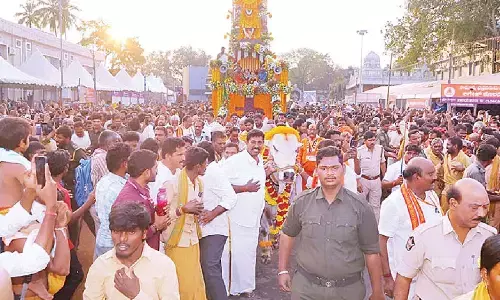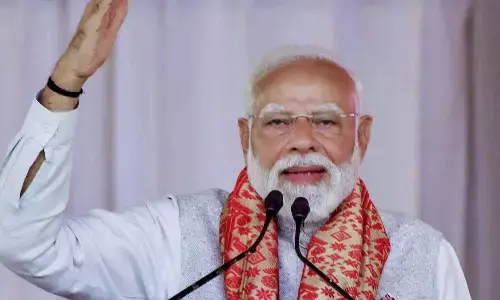India to have its SpaceX moment

India to have its SpaceX moment
The day is not far when India will see its own mega private aerospace company like Elon Musk-owns SpaceX or Jeff Bezos-run Blue Origin, taking travellers to the edge of space and beyond, Srinath Ravichandran, co-founder and CEO of rocket startup AgniKul Cosmos, has envisioned.
The day is not far when India will see its own mega private aerospace company like Elon Musk-owns SpaceX or Jeff Bezos-run Blue Origin, taking travellers to the edge of space and beyond, Srinath Ravichandran, co-founder and CEO of rocket startup AgniKul Cosmos, has envisioned.
Ravichandran is ecstatic after Agnikul Cosmos was granted access to the Indian Space Research Organisation (ISRO) facilities and expertise for the development and testing of systems and subsystems of its rockets. He said that the pact with ISRO will allow them to ultilise its facilities to test out various sub-systems of their launch vehicle. "This will, in turn, help us with reduced capital expenditure and expedited testing," he said. "India can have its own SpaceX or Blue Origin kind of mega private space firm in the near future. There is so much support from the government and investors are open to invest too in the homegrown spacetech startups," Ravichandran added.
The next step, he added, will be to aim multiple launches per year and scale to the extent of having a launch once in two-three weeks. "Beyond that would be about making the vehicles more efficient, thereby providing even cheaper access to customers. We are doing this through a mix of innovations on various technologies in the vehicle," he informed.
Last month, Chennai-based Agnikul Cosmos received the nod by the Department of Space to carry out multiple tests and qualify its single piece 3D-printed semi-cryogenic engine and other systems of its rocket at various ISRO centres. This is the second pact that the Department of Space has signed with a rocket maker, after the first with Hyderabad-based Skyroot Aerospace on September 11. According to Ravichandran, their rocket engines are 100 per cent 3D-printed, that too in a single shot. "This allows us to directly assemble what comes out of the 3D printer in our launch vehicle. The big advantage of this is the ability to provide and enable rapid launch access and, at the same time, make customisable launch vehicles," elaborated Ravichandran.
He formed the startup with Moin SPM within IIT-Madras with a seed funding of Rs 3 crore, with an aim to develop and launch its first rocket in 2021 and subsequently develop ability to provide launch service for satellites. The current investors in the spacetech startup are Mayfield India, PI Ventures, Speciale Invest, Beenext, Artha and others. In June, India decided to allow private companies to establish and operate rocket launch sites within and outside the country, subject to prior authorisation from the government.
Similarly, any rocket launch (orbital or sub-orbital) from Indian or overseas territory can be carried out only with authorisation from Indian National Space Promotion and Authorisation Center (IN-SPACe), an independent body constituted by the Government of India, under the Department of Space (DOS). The launch could be from own or leased launch site and also from mobile platforms (land, sea or air) as per the Draft National Space Transportation Policy-2020 brought out by the Department of Space.
"Now that we also have to plan the entire engine building facility in-house, we are confident that we can control engine making end-to-end in India, thereby not only enabling 'make in India' but also 'design in India'," Ravichandran added.









